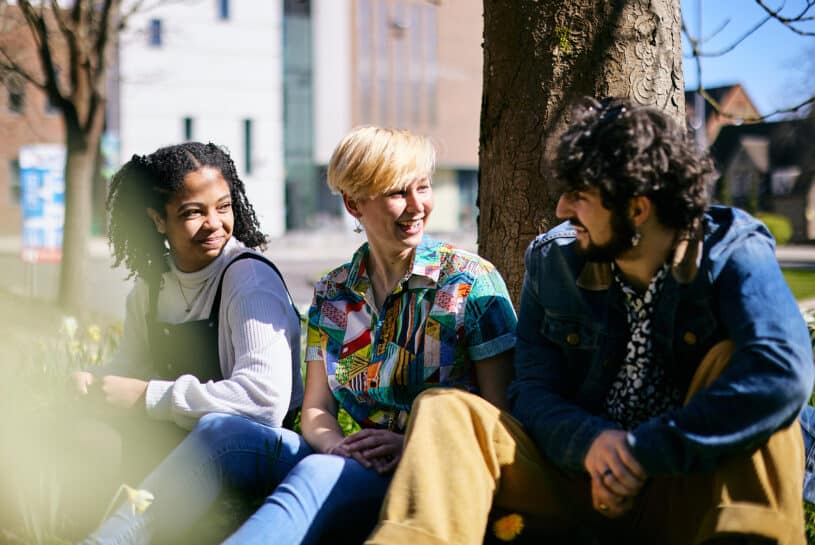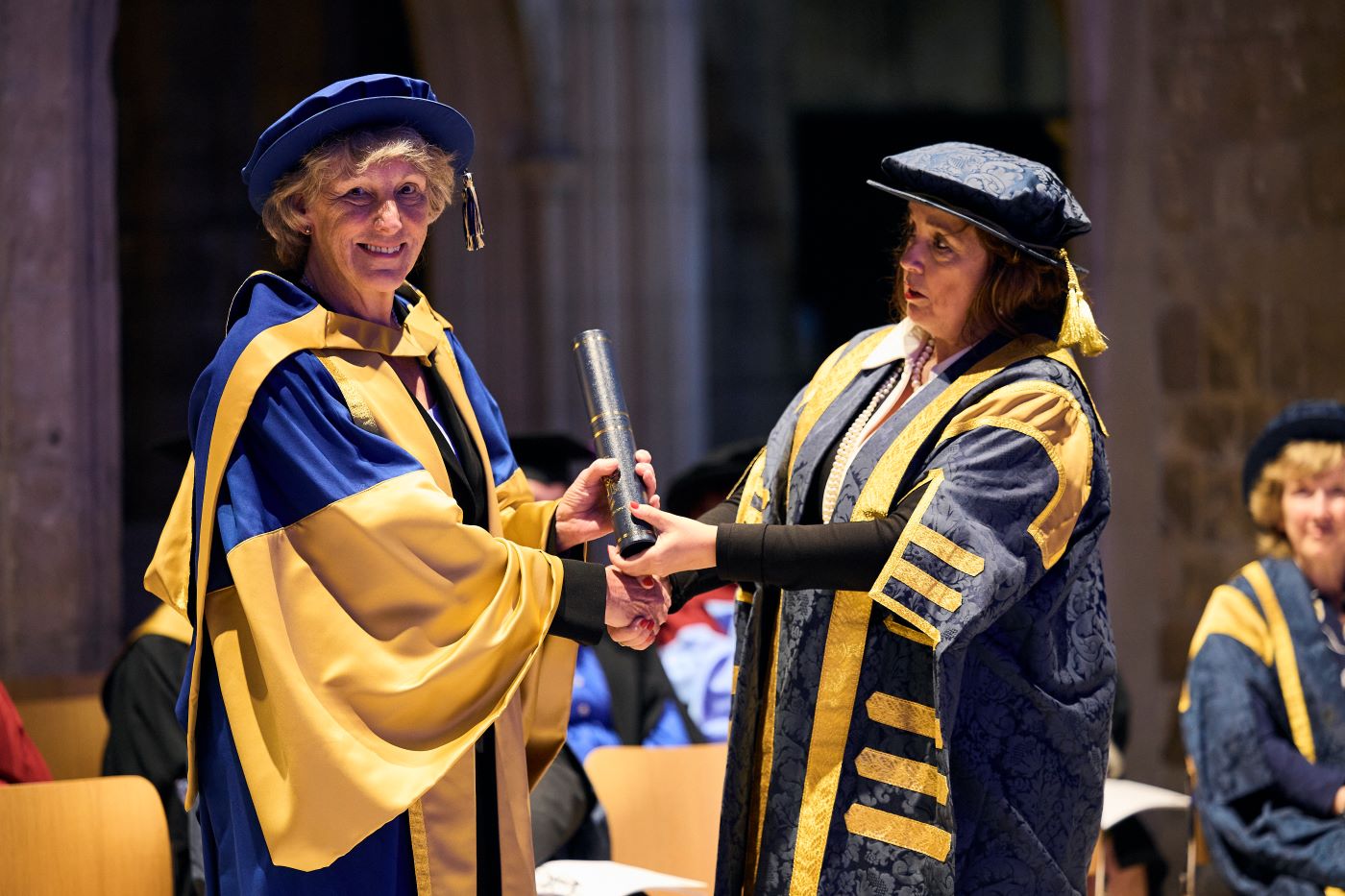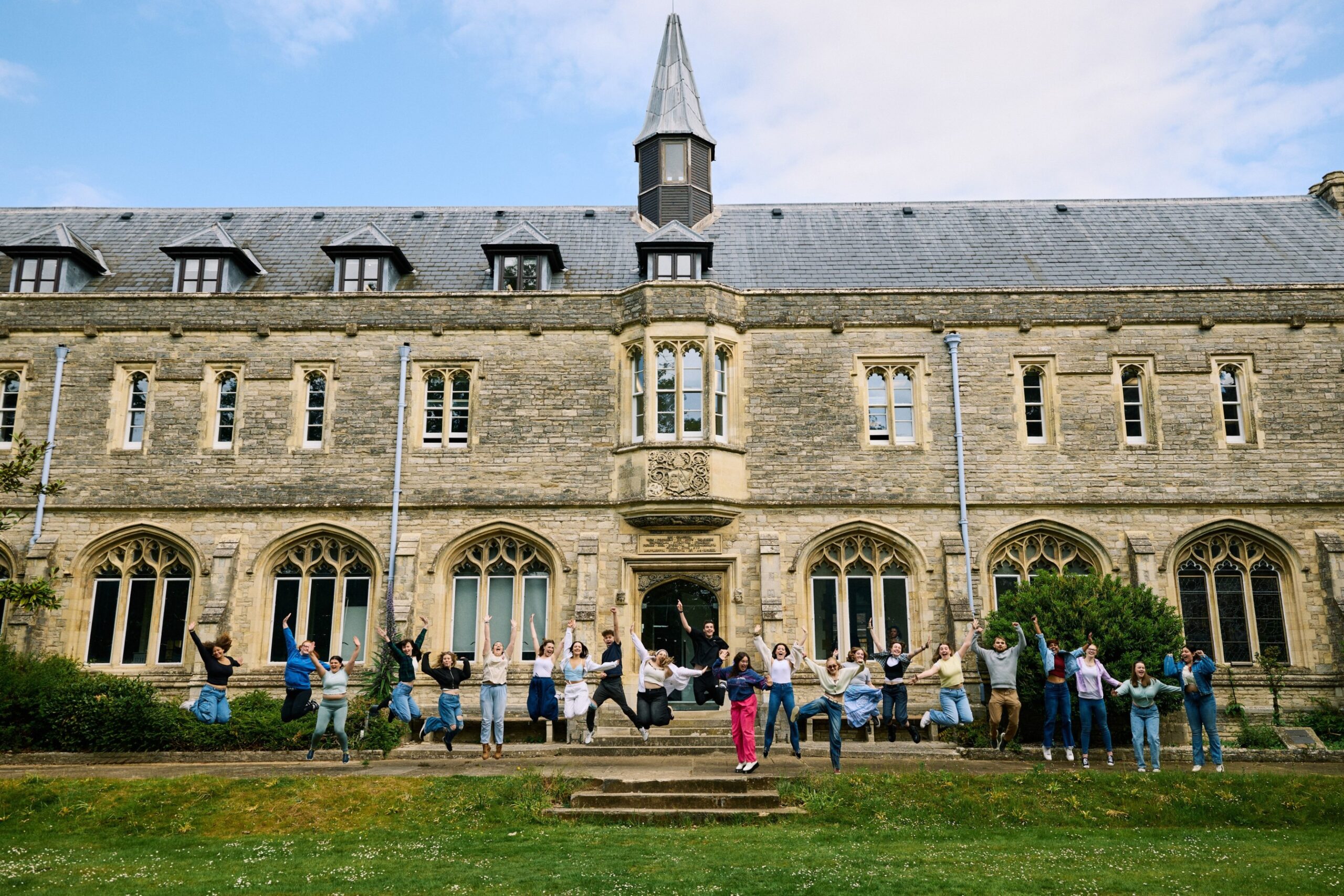University of Chichester pledges to decarbonise and decolonise its curriculum

- Commitment to decarbonise and decolonise English and creative writing curriculum agreed by University students and staff
- University pledge on Earth Day 2022 aims to encourage more students to engage with the natural world and a sustainable future
- Diversified curriculum will include more LGBTQI+, Global Majority, disabled, women and working-class writers to better reflect complexity of human nature
A pledge has been made by the University of Chichester to adopt a commitment to decarbonising and decolonising its English and Creative Writing curriculum.
The move, created with students, outlines a seven-point statement to diversify its reading lists and campus events. It will encourage staff and students to examine existing texts through the lens of environmental justice and to engage more deeply with the natural world.
The commitment, announced on Earth Day 2022, sits in line with the UN Sustainable Development Goal 4.7, which promotes sustainable development in higher education, and has been developed in line with the University’s student-led Community Commitment Charter.
Co-creators Dr Naomi Foyle, an award-winning author and Reader in Critical Imaginative Writing, and Professor of Literature and Environment Hugh Dunkerley designed the pledge in response to climate crisis and social movements such as Black Lives Matter.
Dr Foyle said: “I am proud of the statement, a democratic document which positions our programme at the forefront of national efforts to tackle systemic inequality in higher education, and helps prepare students for a rapidly changing – indeed increasingly volatile – world. My colleagues and I already engage our students in discussions of how literature can explore and address ecological and social justice issues. But there is always more we can do as lecturers to challenge our own biases.
“Going forward our curriculum and campus events will include more Global Majority, LGBTQI+, disabled, women and working-class writers, thus better reflecting the lived experience of our students and the complexity of human nature. As an autistic female academic, the statement is important to me personally, and I believe that our commitment to greening and decolonising our pedagogy will make the University an even more attractive place to study.”
The statement went through several formal rounds of staff and student critique before being adopted at a recent meeting. Students will continue to be involved in processes to feedback on and improve it over time.
Prof Dunkerley added: “Literature has a vital part to play in helping us think about a more sustainable future. We need to shape our teaching to provide students with the resources they need to flourish in the twenty first century. Much of my work involves studying and teaching texts which scrutinise our relationship with the wider natural world in which we have our being. The climate and biodiversity crises call into question many of the social, political and economic assumptions upon which our societies are built.”
The full statement can be read on the University of Chichester website.





